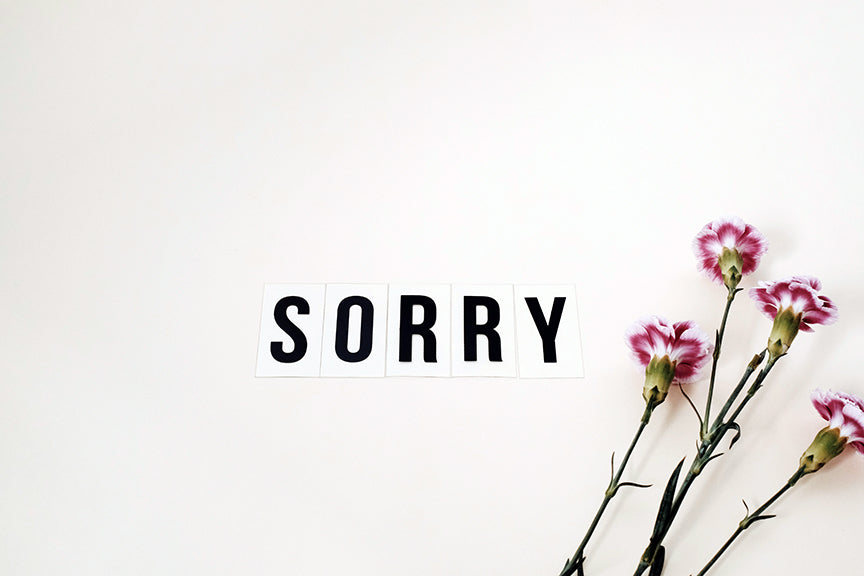While it is important to acknowledge the significance of apologies in society, it is not accurate to claim that apologies are more critical than expressions of gratitude. Both apologies and gratitude have their own importance and play different roles in social interactions.
1. Why is it hard for people to give a genuine apology?
Giving a genuine apology can be challenging for several reasons. Some people struggle with admitting their mistakes or taking responsibility for their actions due to ego, fear of judgment, or concerns about their self-image. It can also be difficult to confront the discomfort that comes with acknowledging the impact of our actions on others. Additionally, societal norms and personal upbringing can influence how individuals perceive and approach apologies.
2. What do humans link an apology to? Losing? Shame?
Humans can link apologies to various emotions and outcomes. While some individuals may associate apologies with losing or shame, these perceptions are not universal. Apologies can be linked to accountability, empathy, reconciliation, and personal growth. It's important to recognize that apologies are not solely about admitting fault or assigning blame, but rather about acknowledging the impact of our actions and working towards resolution.
3. Is the admission of a mistake an admission of blame or guilt?
The admission of a mistake does not necessarily equate to admitting blame or guilt. It signifies an acknowledgment that one's actions or words have caused harm or had unintended consequences. Taking responsibility for a mistake shows accountability and a willingness to make amends, but it does not automatically imply blame or guilt in all situations.
4. Does an apology make you feel low compared to your normal feelings?
Apologizing can evoke various emotions depending on the individual and the context. While some people may feel a temporary sense of vulnerability or discomfort when apologizing, it can also provide a sense of relief, growth, and emotional connection. The ability to apologize sincerely and make amends can contribute to personal and interpersonal well-being in the long run.
5. Do we hold back our apologies because we think we are owed and we don't want to give in?
Holding back apologies out of a sense of entitlement or unwillingness to "give in" can hinder healthy relationships and resolution of conflicts. Apologies should not be transactional or contingent upon receiving one in return. Genuine apologies are driven by empathy, understanding, and a desire to repair relationships, regardless of whether we feel owed or not.
6. Do childhood resentments and pain make it harder for us to say we are sorry or see when we have harmed others?
Childhood experiences, including resentments and pain, can indeed impact our ability to apologize and recognize harm caused to others. Unresolved emotional pain or trauma can affect our emotional regulation and interpersonal skills. It is crucial to address and heal from childhood wounds in order to develop self-awareness, empathy, and the ability to take responsibility for our actions.
In conclusion, apologies are an essential part of healthy interpersonal relationships. They require self-reflection, empathy, and a willingness to acknowledge and address the impact of our actions on others. While apologizing can be challenging, it is an opportunity for personal growth, reconciliation, and fostering stronger connections with others.
